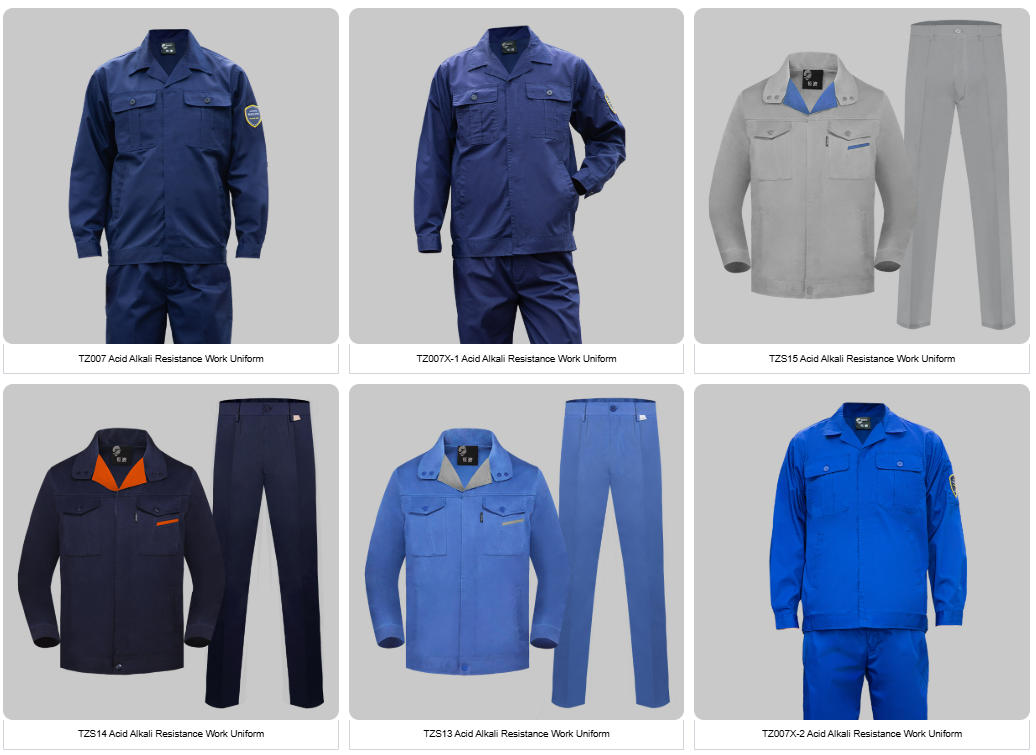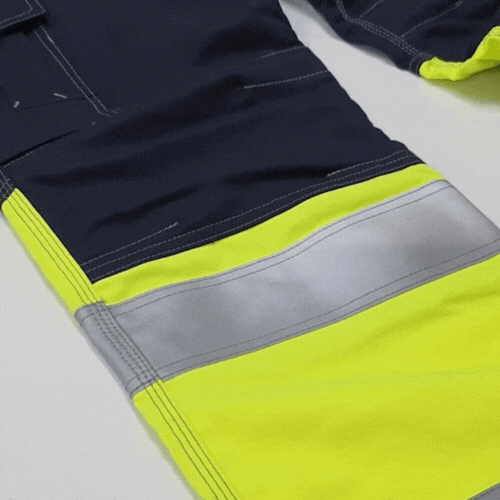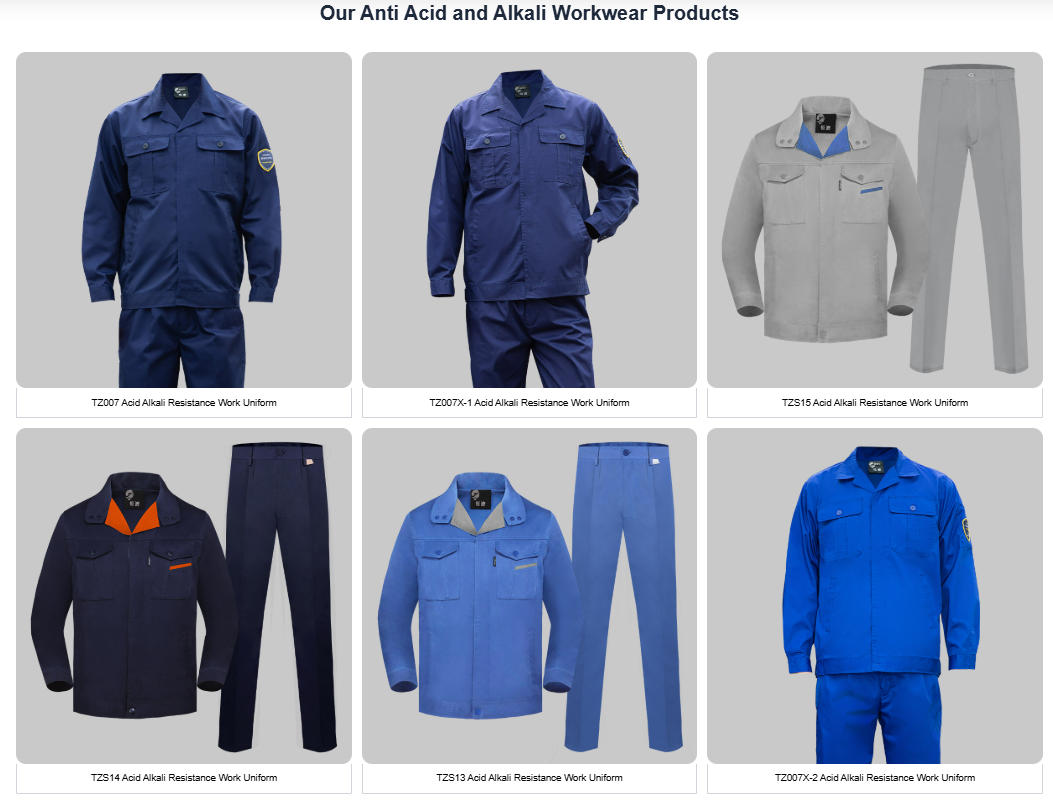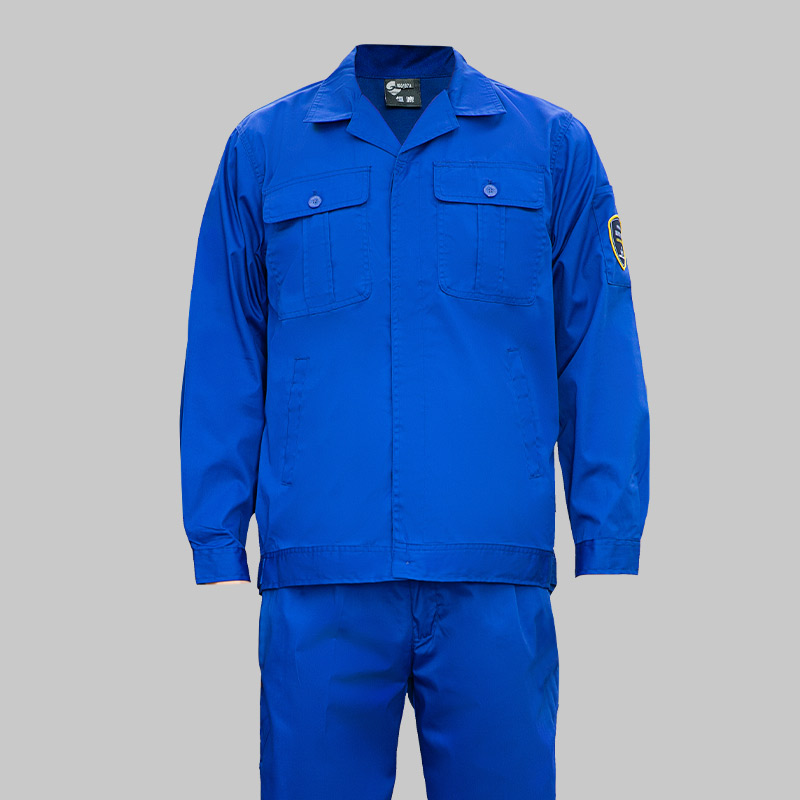Importing custom work uniforms from China is a strategic choice for a Yemeni company, offering significant cost advantages and manufacturing flexibility. However, the process is complex, especially considering Yemen’s current logistical and economic challenges.
Here is a comprehensive guide tailored for a Yemeni company navigating this process.
Key Advantages for Yemeni Companies
-
Cost-Effectiveness: Chinese manufacturing offers much lower production costs compared to local or regional options.
-
Customization: Extensive ability for logo embroidery, printing, specific fabrics, and tailored designs.
-
Production Capacity: Ability to handle both small and very large orders efficiently.
-
Variety: Access to a wide range of fabrics suitable for various industries and climates.
Step-by-Step Import Process
1. Define Your Requirements Clearly
-
Garment Type: Specify exactly what you need (e.g., coveralls, work uniforms, nurse scrubs, chef coats, corporate polo shirts).
-
Design & Logos: Provide high-resolution vector files (
.ai,.eps) for logos. Specify exact placement (left chest, full back) and method (embroidery, screen printing). -
Fabric: Be specific about material composition (e.g., 65% polyester / 35% cotton for durability, 100% cotton for comfort) and weight.
-
Sizing: Provide a detailed size chart. Consider cultural and practical modesty requirements for the Yemeni market.
-
Quantity: Determine your order volume. Minimum Order Quantities (MOQs) can be as low as 50-100 pieces per design/style.

2. Find and Vet Reliable Suppliers
-
B2B Platforms: Use Alibaba.com or Made-in-China.com. Focus on suppliers with:
-
Gold Supplier or Verified status.
-
Trade Assurance (a payment protection service by Alibaba).
-
Positive reviews and a history of exporting.
-
-
Communication: Evaluate their responsiveness. Use clear, simple English and diagrams.
-
Samples are Non-Negotiable: Always order a production sample before placing a bulk order. Pay for the sample and courier fees (e.g., DHL, FedEx) to check quality, fit, and logo work.
3. Negotiate Terms and Finalize the Proforma Invoice (PI)
The supplier will issue a PI. Scrutinize it carefully:
-
Unit Price & Total Value: Confirm all costs.
-
Shipping Terms (Incoterms) – CRITICAL:
-
FOB (Free On Board) Shanghai/Ningbo: You pay for the goods loaded on the ship. You are responsible for the main sea freight, insurance, and all costs in Yemen. This is the most common and recommended term, as it gives you control over choosing a freight forwarder familiar with Yemen’s ports.
-
CFR (Cost and Freight) Aden/Hodeidah: The supplier arranges and pays for sea freight to the port in Yemen. You are responsible for insurance and all import procedures, duties, and costs from the port onward.
-
Avoid CIF for Yemen: Given the complexities and volatility of shipping to Yemeni ports, it is safer to control the main freight and insurance yourself via a trusted forwarder.
-
-
Payment Terms: Never pay 100% upfront.
-
Standard secure terms: 30% deposit via T/T (Wire Transfer) to start production, 70% balance before shipment against copy of shipping documents.
-
-
Production Lead Time: Get a clear written deadline.
4. Production and Quality Control
-
The factory produces the order.
-
Hire a Third-Party Inspection Company (Highly Recommended): For a Yemeni company, this is crucial. Companies like SGS, Bureau Veritas, or Asia Inspection can conduct inspections during production and before shipment to ensure quality matches the sample. This prevents receiving poor-quality goods that are impossible to return.
5. Shipping and Logistics to Yemen
This is the most challenging step due to the current situation.
-
Freight Forwarder: It is essential to hire an international freight forwarder with proven experience in shipping to Aden or Hodeidah ports. They will advise on the safest and most reliable routes and handle:
-
Booking sea freight space.
-
Navigating the complex documentation and regulatory environment.
-
Customs clearance assistance.
-
-
Required Documents: Your supplier must provide:
-
Commercial Invoice
-
Packing List
-
Certificate of Origin
-
Bill of Lading
-
6. Import Customs Clearance in Yemen
Your freight forwarder’s agent in Yemen will handle this, but you must be prepared for:
-
Customs Duties: Be prepared to pay import duties. Rates can vary and change frequently.
-
Taxes: Value Added Tax (VAT) or other applicable taxes.
-
Documentation: Ensure all your company’s import licenses and registration documents are in order.
-
Political & Economic Volatility: Regulations, tariffs, and clearance procedures can change unexpectedly. A local agent is invaluable for navigating this.
Key Challenges & Solutions for Yemeni Importers
| Challenge | Solution |
|---|---|
| Logistical Complexity & Port Issues | Partner with a very experienced freight forwarder who specializes in Yemen. They know the current operational ports (primarily Aden) and requirements. |
| Payment Security & Banking Challenges | Use Alibaba Trade Assurance for payment protection. Use secure payment methods like bank transfers (T/T) and avoid 100% upfront payments. |
| Quality Risk | Order a sample and hire a third-party inspection company. Do not rely on supplier promises alone. |
| Communication & Language Barrier | Use clear, simple English. Use pictures and diagrams. Be patient and confirm all details in writing. |
| Economic Instability | Factor potential currency fluctuation and changing import regulations into your cost calculations. |
Checklist for Success
-
Detailed specifications sheet (tech pack) created.
-
Multiple suppliers shortlisted and vetted on Alibaba.
-
Production sample received and approved.
-
Third-party inspection company contracted (highly recommended).
-
Experienced freight forwarder with Yemen expertise is selected and consulted.
-
Payment terms and Incoterms are understood and agreed upon (FOB is preferred).
-
All import licenses and company documents are prepared in Yemen.
-
Financial buffer is included for potential unexpected duties, fees, or currency issues.
Conclusion
For a Yemeni company, importing from China requires careful planning and reliable partners. The key to success lies in:
-
Meticulous supplier vetting and sampling.
-
Investing in a third-party quality inspection.
-
Partnering with a freight forwarder that has specific, recent experience in handling shipments to Yemeni ports.
By taking these steps, you can leverage the cost benefits of Chinese manufacturing while mitigating the significant risks involved in the import process to Yemen.
Useful links:





